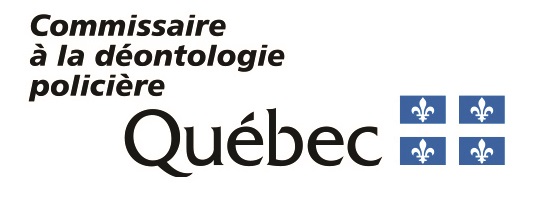Police powers and duties
Sources of Powers and Police Duties
Sources of Powers and Police Duties
The purpose of this page is to present in a general and simplified manner the law in force in Quebec concerning citizens' rights as well as police powers and duties. This is not legal advice or advice. To find out the rules specific to your situation, consult a lawyer.
The police profession is probably the one that is the most legally mandated, not only because its mission is to apply laws and regulations, but also because it has to deal with several sensitive situations from a human rights standpoint.
A police officer must therefore take into account various legislative texts which give rights to citizens, duties to police officers and powers to police officers.
Source of Citizen Rights
Quebec Charter of Human Rights and Freedoms
The Charter of Human Rights and Freedoms guarantees fundamental rights and freedoms such as the right to personal security, integrity and liberty.
The Charter also recognizes the right to equality in the recognition and exercise of rights and freedoms, that is to say that everyone has the same rights and freedoms, regardless of race, color, sex, gender identity or expression, pregnancy, sexual orientation, marital status, age except as provided by law, religion, political beliefs, language, ethnic origin or nationality, social condition, handicap or the use of a means to palliate this handicap.
It also contains a list of legal rights enforceable by peace officers :
- No one may be deprived of his freedom or his rights, except for the reasons provided for by law and following the prescribed procedure.
- No one may be subject to seizures, searches or abusive excavations.
- Any person arrested or detained must be treated with humanity and with the respect due to the human person.
- Any person arrested or detained has the right to be informed promptly, in a language he understands, of the reasons for his arrest or detention.
- Every accused has the right to be promptly informed of the particular offense with which he is charged.
- Any person arrested or detained has the right, without delay, to inform his relatives and to have recourse to the assistance of a lawyer. She must be promptly informed of these rights.
- Anyone arrested or detained must be promptly brought before the competent court or released.
Sources of Police Duties >>
Police powers and duties
Need help?
If you want more information or if you need help drafting your complaint, you can contact us.
deontologie-policiere.quebec@msp.gouv.qc.ca
